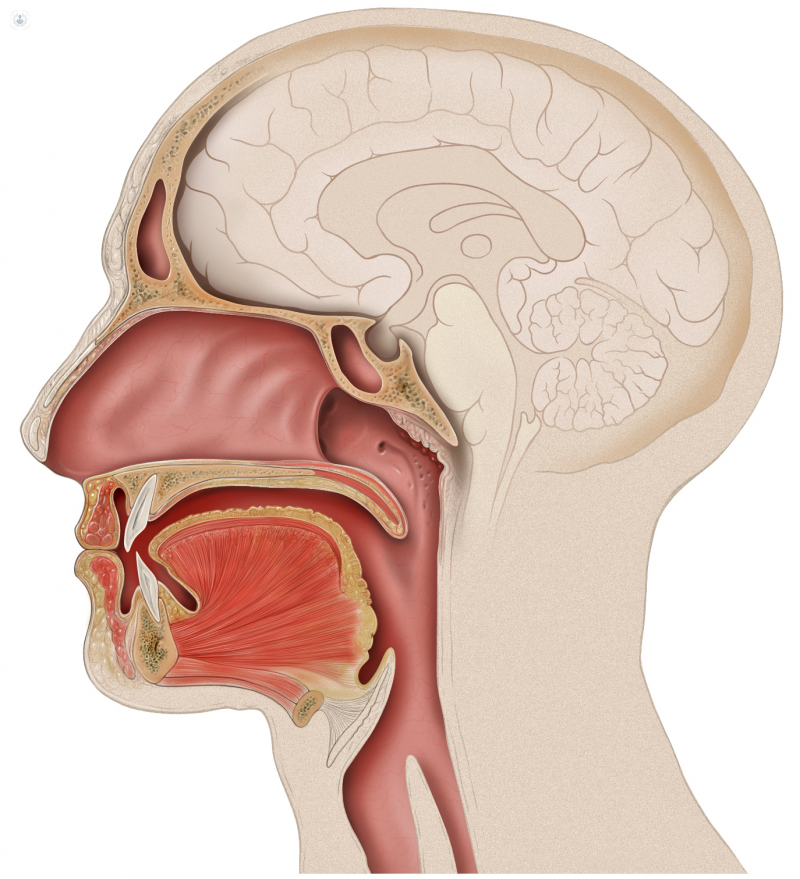

What is pH monitoring?
pH monitoring is a diagnostic test of the digestive system and is used to measure acid in the oesophagus. It is performed using a probe with acid-sensitive receptors.

What does it involve?
pH monitoring involves passing a probe through one of your nostrils and positioning it in the lower portion of the oesophagus. The probe is a flexible tube of approximately 2 mm in diameter, with sensors at the tip. You will have to breathe in through the nose to allow the probe to be positioned correctly. Anaesthetic or sedation is not usually used in pH monitoring as it may interfere with the results.
Why is it performed?
pH monitoring is usually performed for people who suffer from heartburn (pyrosis) or regurgitation in order to determine the acid levels in the oesophagus coming from the stomach.
People affected by gastroesophageal reflux often require this test for the diagnosis and evaluation of the treatments they are having. In fact, this test is more effective than endoscopy in detecting this condition, and identifies more than 90% of people with reflux.
Preparing for pH monitoring
You should avoid smoking and using excitant substances such as caffeine for 48-72 hours prior to the test and must not eat or drink anything for 6-8 hours prior the test.
Before the procedure, you should inform the specialist about any treatment you are having or any medication you are taking, in case they might affect the results of the test. For example, you should stop taking antacids at least 8 hours before the test, as this would have a significant effect on the results.
What do you feel during pH monitoring?
Since no sedation or anaesthetic is used during the test you may experience discomfort in the nose and throat and there may be some slight bleeding.
This occurs mainly when the probe is inserted and removed, but it is usually well tolerated during the test. 24-hour pH monitoring may be recommended in some cases, during which time you must leave the probe in place for a full day, eating and sleeping as normal.
Meaning of abnormal results
Abnormal results may mean that you have high levels of acid in your oesophagus. The gastroenterologist will determine the degree of reflux and will be able to identify the cause, such as problems with the oesophageal sphincter.
In this case, you may need to take medication for the reflux and heartburn problems, or even undergo surgery if you do not respond adequately to the medication.
